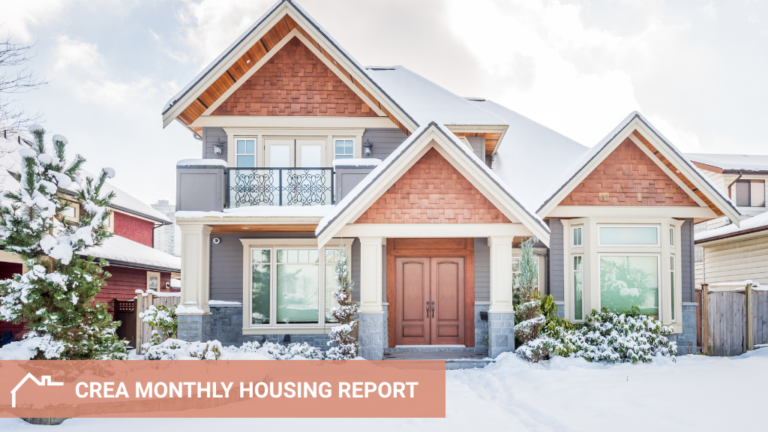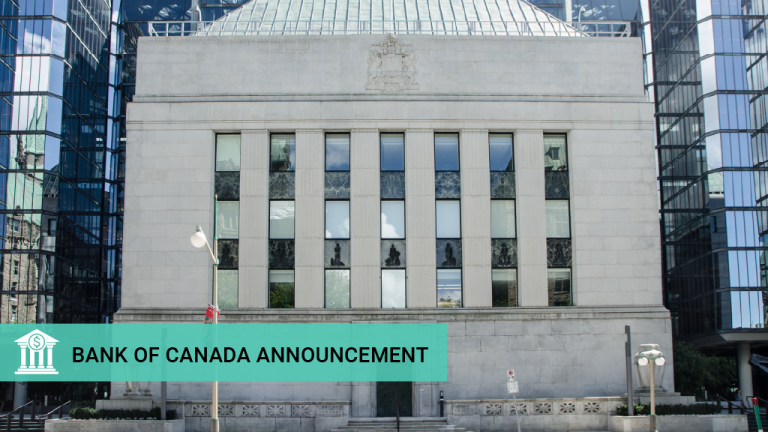
Canada’s housing market may be opening new doors for first-time buyers, thanks to lower borrowing rates, softer prices and more listings to choose from. But, uncertainty in the economy and an abundance of choice have led to a lack of urgency to buy, prompting many young Canadians to take their time before entering the market.
According to a recent Royal LePage survey, conducted by Burson,1 13% of Canadian adults say they are actively working towards the purchase of their first residential property within the next two years. Of this group, a small proportion say they are working towards their first purchase within the next 12 months, while the majority (82%) say they are planning to make a purchase in 12 to 24 months.
When asked what stage of the purchasing process they are in, more than half (51%) of first-time buyers said they are currently researching neighbourhoods where they can afford to live, 49% are actively browsing online listings, 19% are actively viewing homes listed for sale in person, and 19% have engaged with a real estate agent. Respondents were able to select more than one answer.
“Interest rates are trending lower and prices have stabilized or even softened in some markets, creating favourable conditions for long-awaited entry into home ownership, especially in costly cities like Toronto and Vancouver. Yet, hesitation remains,” said Phil Soper, president and CEO, Royal LePage. “For some, ongoing economic uncertainty, particularly surrounding trade relations with the United States, is prompting them to hold off until there are signs of stability. Buying a home is the biggest financial decision most people will ever make, and first-time buyers naturally want to do so with as much certainty as possible.
“Others are choosing to wait in hopes of securing a better deal. With the potential for further rate cuts from the Bank of Canada this year, those in no rush to purchase now are taking a methodical approach – building up their savings and deliberately planning their entry into the market when they feel the timing is best for them.”
Financial support continues to flow from family to first-time buyers
While many buyers continue to rely on help from family to make their first home purchase, most do not. When asked if they would receive any financial assistance towards the purchase of their first residential property, more than half (51%) said they would not receive any help. Meanwhile, 41% of first-time buyers said they would. Even as affordability has improved in several markets over the past year, many first-time purchasers continue to rely on financial support to take their first step onto the property ladder.
Among first-time homebuyers who will receive financial support, 29% say it will be in a lump sum with no repayment expected, 27% will receive a loan from family or friends that they will pay back, 28% will have a family member or friend co-sign their mortgage loan, and 26% will receive financial assistance towards their monthly mortgage payments. Respondents were able to select more than one answer.
“Despite improving affordability, many first-time buyers continue to rely on family financial support. This transfer of wealth has become increasingly common, as parents look to give their children the same opportunity for stability and long-term financial growth that they themselves experienced through home ownership. For some buyers, financial contributions from family can make the decisive difference between becoming a homeowner and remaining a tenant,” said Soper.
“However, many lack access to this kind of support, forcing them to adopt more creative and often difficult approaches to saving. Some delay major life milestones, such as marriage or starting a family, in order to prioritize home ownership. Others cut back significantly on discretionary spending, or continue living at home with parents well into adulthood to build up their savings. While determination and careful planning help these buyers reach their goals, the gap between those who receive financial assistance and those who do not highlights the deep affordability challenges in today’s market.”
Detached homes remain the top choice
Despite the hefty price tag, many first-time buyers continue to aspire to own a detached property as their entry into the market. Nearly half (49%) of respondents plan to purchase a single-family detached property as their first home, followed by 26% who intend to buy a condominium or apartment, according to the survey.
“The dream of a first home often collides with budget reality. While most aspire to own a detached house, affordability often dictates a more modest starting point,” said Soper. “With many employers requiring staff to return to the office, proximity to transit and other amenities has become an increasingly important factor in the search. New buyers also show a clear preference for properties in move-in ready condition, as few have the time or financial flexibility for major renovations.”
Other interesting highlights from the survey:
- More than half (53%) of first-time buyers plan to put at least 20% down on their purchase; while 39% will not and will therefore need to buy mortgage insurance.
- 42% of first-time buyers say they will prioritize the neighbourhood where they want to live, regardless of the distance to their job, while 31% say they will purchase a home based on proximity to their work.
- Finding a home that is move-in ready is the most important non-price related factor for first-time buyers, according to Royal LePage professionals across the country.
Read the full press release and review the data chart for more details:
1 Burson used the Leger Opinion online panel to survey 2,500 adult residents across Canada. The survey was completed between August 4 and August 9, 2025. Age, gender, and regional weighting was applied to ensure representation at a national level according to 2021 census figures.





